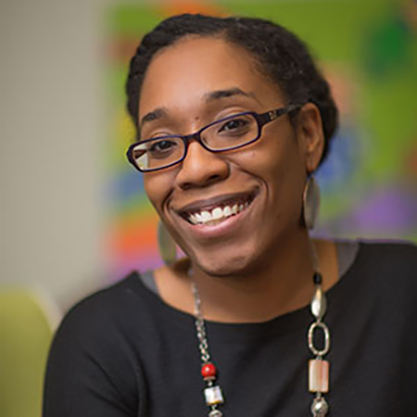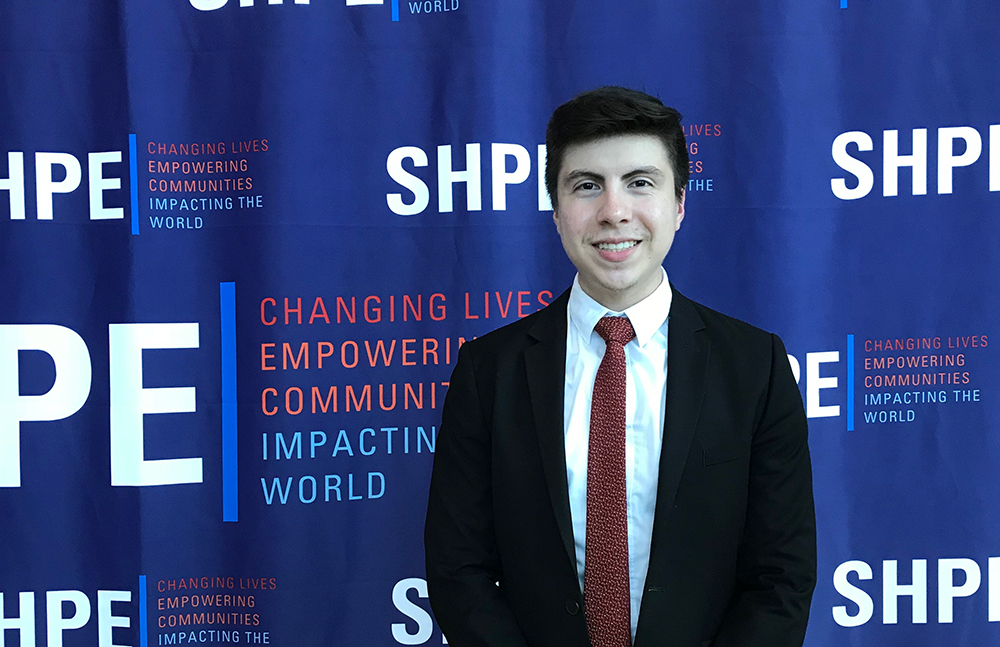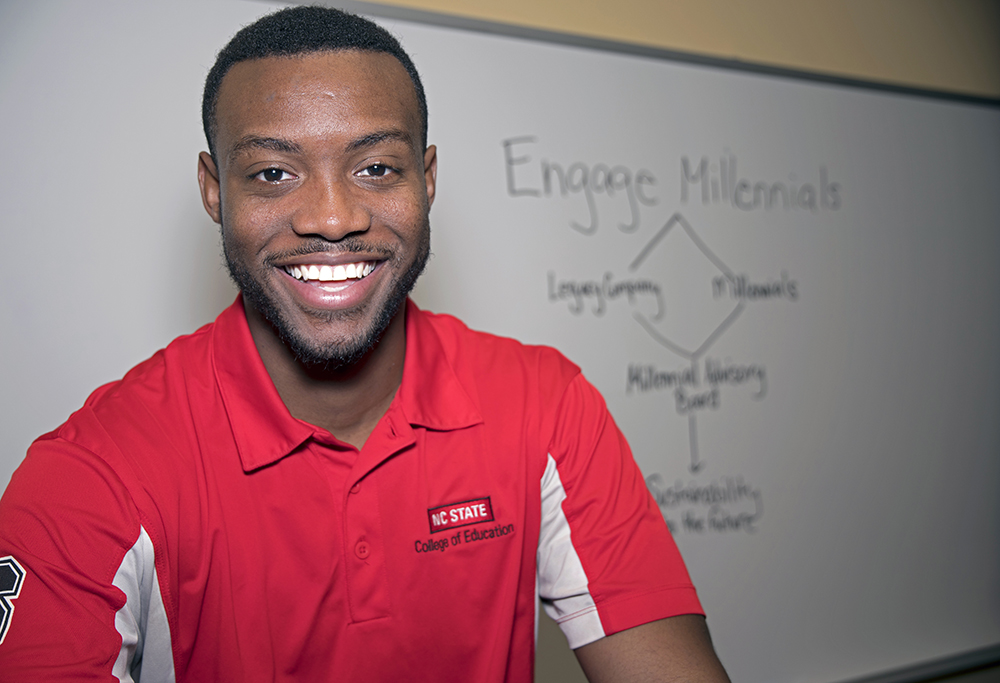Photo courtesy of the Office of Institutional Equity and Diversity
Keilah Davis | Editor-in-Chief
“Practice is exactly what it sounds like, it’s not easy,” said Adrienne Davis, associate director of Campus Community Centers. “Restorative practice is literally a way of being.”
Davis joined NC State in February 2018 and in addition to her duties as associate director, she is the coordinator of the Bias Impact Response Team (BIRT), a team that supports individuals or groups impacted by bias through restorative practice. Any NC State student, faculty or staff member can submit a BIRT report and from October 2017 to May 2018, BIRT received 22 total bias impact reports.
The idea of implementing BIRT was first suggested by student leaders in fall 2015, but BIRT was reconceptualized in summer 2016 after Reggie Barnes was hired as senior director of Campus Community Centers. Many students were introduced to BIRT in fall 2016 at a Student Government Racial Town Hall that, coincidentally, occurred just days after a GroupMe incident reignited racial tension on campus.
“[Restorative practice] is very different than just saying, ‘someone did something wrong so you’re kicked out, fired. You have no purpose in this community any longer.’ You can say that or you can say in response to an incident that there is value in us at least exploring the nature of this relationship,” Davis said. “Now, this doesn’t mean we’re all best friends, it doesn’t mean Kumbaya, but it does mean that we’re able to rediscover the humanity within each other.”
Prior to NC State, Davis was the first diversity coordinator at Trinity School of Durham and Chapel Hill, and one of few diversity coordinators in private Christian schools in the South. There she implemented restorative practices.
A major component of Davis’ current role is to actualize the restorative elements of the BIRT process.
“BIRT is trying to explore what it looks like to say, ‘yes these things happen,’” Davis said. “We’re gonna name the things that happen, whether they are microaggressions, macroaggressions, or policies that have implicit bias built into them. We’re using an analysis that draws on our understanding of racism, sexism, all the -isms, and we’re saying, ‘yes those things exist, yes those things cause harm, and there are still people that have value on both sides of that. We’re refusing to dismiss the humanity of others simply because they caused harm, which is a very non-Western mindset.”
When BIRT receives a report, Davis conducts an initial review to determine whether it is a bias incident or potentially a report that should be referred to campus police, Equal Opportunity and/or Student Conduct for further review. If the reported incident is a bias incident, then an initial review team assesses the next steps. This commonly involves connecting the impacted individual or group with resources for immediate support.
“I think that’s the biggest thing about the restorative process and the transformative community process,” Davis said. “When you experience it, it feels so different and it feels right. Just explaining it makes you feel very skeptical until you actually experience and realized the depth that you can go if you are willing to say, ‘maybe there is something of value here.’”
The BIRT process is driven by the impacted person’s needs and values. The individual or group who caused the harm is given space for education if they desire to take that space.
“Even if they never come back together, the process is restorative on both sides,” Davis said. “Even if you never come back together, you have the opportunity to heal, to learn and to grow. And for everyone it won’t be coming back together and we have to be okay with that.”
In the future, Davis hopes that BIRT’s restorative practices will transform the NC State community at-large.
“The hope is that I will get to meet more individual groups and campus organizations not because of a BIRT report,” Davis said. “Let’s just build some restorative communities in housing, in campus orgs, in offices around campus, so if and when something does happen that warrants a report, people are already familiar with this concept of a restorative community.”
Few peer institutions have teams like BIRT and even fewer have taken a restorative approach to those teams. This gives NC State a unique opportunity.
“Done well at NC State,” Davis said, “we can really lead in some conversations about this.”
While it takes time to transform an entire campus one incident at a time, Davis still finds her work rewarding.
“It is hard work; it’s long and slow work, but it is good and fulfilling.”





